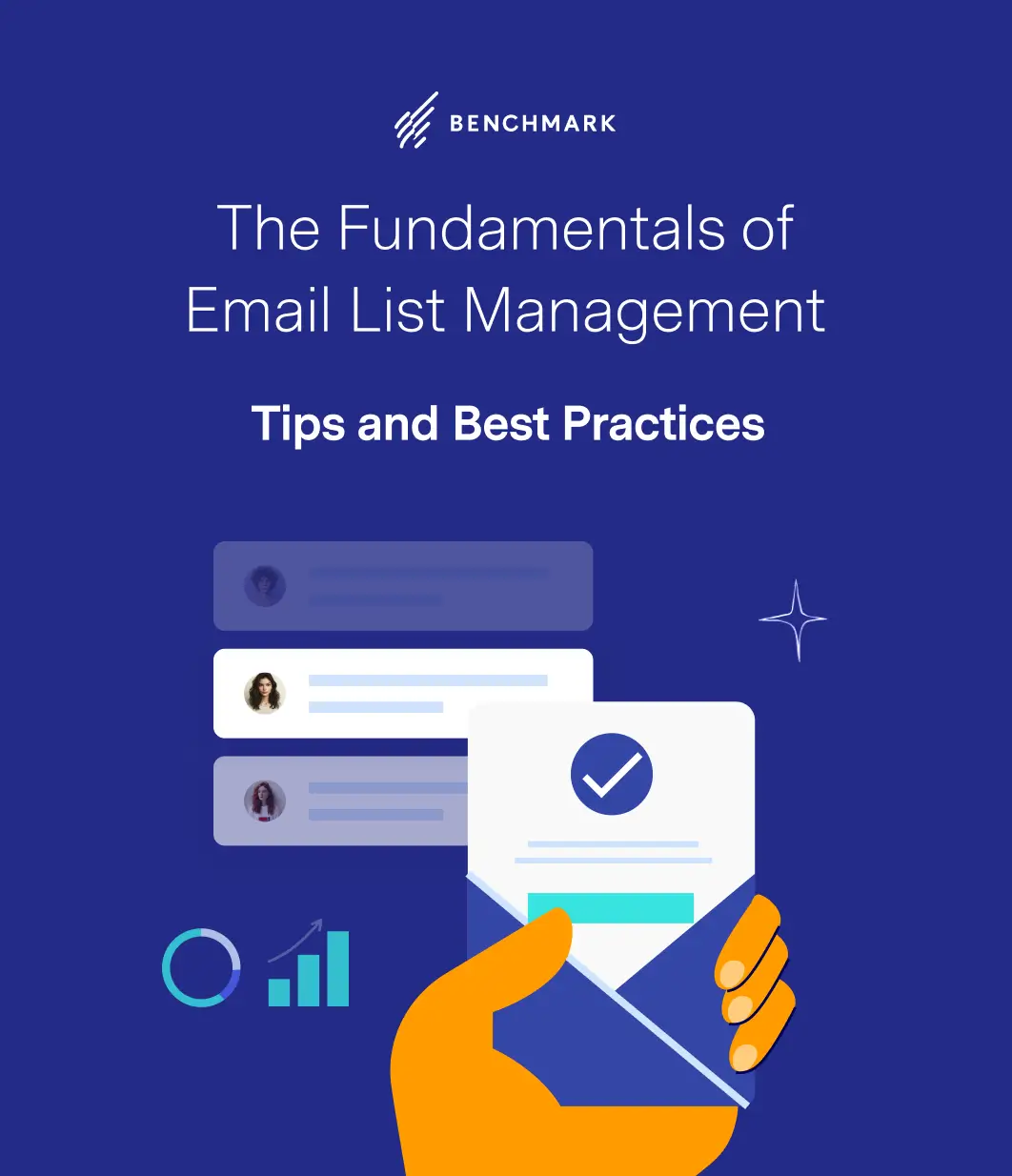Navigating Data Privacy Changes: How to Future-Proof Your Email Marketing Strategy
September 17, 2024 5 min read

Data privacy is more than just a buzzword—it’s a critical aspect of how businesses operate, particularly in email marketing. As governments worldwide tighten regulations to protect consumer data, email marketers must stay vigilant and adaptable. The consequences of non-compliance can be severe, ranging from hefty fines to significant reputational damage.
This article will explore the latest data privacy regulations and offer practical tips on how to future-proof your email marketing strategy.
Understanding the Latest Data Privacy Regulations
Over the past few years, several major data privacy laws have been enacted globally, each with significant implications for email marketers. Here’s a rundown of some of the most impactful regulations:
- General Data Protection Regulation (GDPR): Enacted in May 2018, the GDPR is a comprehensive data privacy law that applies to all companies processing the personal data of EU citizens, regardless of where the company is located. It mandates that companies obtain explicit consent from individuals before collecting their data, provide clear privacy notices, and allow users to access, correct, or delete their data.
- California Consumer Privacy Act (CCPA): Effective January 2020, the CCPA gives California residents more control over their data. This act means businesses have to disclose what data they collect, allow consumers to opt out of data sales, and delete personal data upon request. The CCPA has influenced other U.S. states to consider similar legislation.
- ePrivacy Regulation: Often referred to as the “cookie law,” the ePrivacy Regulation is an EU law that complements the GDPR. It focuses specifically on electronic communications, including cookies and other tracking technologies. Although still under negotiation, it is expected to bring stricter rules for email marketers, particularly around tracking and consent.
- Brazil’s General Data Protection Law (LGPD): Similar to the GDPR, the LGPD governs how businesses collect, store, and use personal data in Brazil. It requires explicit consent, transparency, and rights for individuals regarding their personal information.
- China’s Personal Information Protection Law (PIPL): Enforced in November 2021, PIPL is China’s comprehensive data protection law. It imposes stringent requirements on companies that collect or process personal data from Chinese citizens, emphasizing informed consent and protecting sensitive information.

The Implications for Email Marketers
These regulations share common themes that directly impact email marketing practices. Understanding these implications is crucial for maintaining compliance:
1. Consent Management
Obtaining explicit consent from users before you add them to your email list is now a requirement, not just a best practice. Consent must be informed, meaning users must know what they are signing up for and how their data will be used. Pre-ticked boxes or implied consent are no longer acceptable under most regulations.
2. Data Minimization
Marketers must collect only the data they need for a specific purpose and keep it as long as necessary. Over-collecting data or retaining it indefinitely can lead to compliance issues.
3. Transparency and Communication
Clear and transparent communication with your audience is essential. Privacy policies must be easily accessible and written in plain language, and users should be informed of any policy changes.
4. User Rights
Data privacy regulations grant individuals several rights regarding their data, such as access, correct, delete, or transfer their data. Marketers must have processes in place to handle these requests promptly.
5. International Compliance
If your email list includes subscribers from multiple countries, you must comply with the data privacy laws of each jurisdiction. This can be challenging but is necessary to avoid legal repercussions.

Future-Proofing Your Email Marketing Strategy
Your email marketing strategy must be future-proof, with data privacy laws constantly evolving. Here are some tips to help you stay compliant and maintain the trust of your audience:
Implement a Robust Consent Management System
Invest in a consent management platform (CMP) that allows you to capture, store, and manage user consent effectively. This system should provide clear records of when and how consent was obtained, enabling you to demonstrate compliance if required.
Regularly Update Your Privacy Policies
Keep your privacy policies up to date with the latest regulations and industry best practices. Make sure these policies are clearly listed on your website and in your email communications. Whenever you update your policies, inform your subscribers and obtain renewed consent if necessary.
Segment Your Email Lists by Jurisdiction
Segment your email lists according to your subscribers’ geographic locations. This allows you to apply different consent mechanisms and privacy notices depending on the relevant data privacy laws. For instance, you might need to request additional consent from EU subscribers under GDPR compared to U.S. subscribers under CCPA.
Adopt Data Minimization Practices
Only collect data that is absolutely necessary for your email marketing campaigns. Review your data collection forms to ensure you’re not asking for excessive information. Additionally, implement policies for regularly purging outdated or unnecessary data from your systems.
Use Double Opt-In
Try a double opt-in process where users confirm their subscription via email. This extra step ensures that the person who signed up is the actual owner of the email address, further solidifying consent and reducing the risk of spam complaints.
Educate Your Team
Ensure that your marketing team and any other staff involved in data handling are well-informed about the latest data privacy laws and compliance requirements. Regular training sessions and updates can keep everyone aligned and prevent inadvertent breaches.
Monitor Regulatory Changes
Data privacy regulations are continuously evolving. Assign someone on your team to monitor regulatory updates and ensure your practices remain compliant. Being proactive will help you avoid the scramble to update processes after a law has taken effect.
Invest in Data Security
Data security is a cornerstone of data privacy. Implement robust security measures, such as encryption, regular audits, and secure data storage, to protect your subscribers’ information from breaches. A data breach can lead to hefty regulatory fines and damage your brand’s reputation.
Navigating the complex world of data privacy regulations may seem daunting, but it’s essential to running a successful email marketing strategy in today’s world. By staying informed about the latest regulations, implementing robust consent and data management practices, and adopting a proactive approach to compliance, you can future-proof your email marketing efforts. In doing so, you’ll avoid legal pitfalls and build more robust, trust-based relationships with your audience—a win-win for your business and subscribers.







